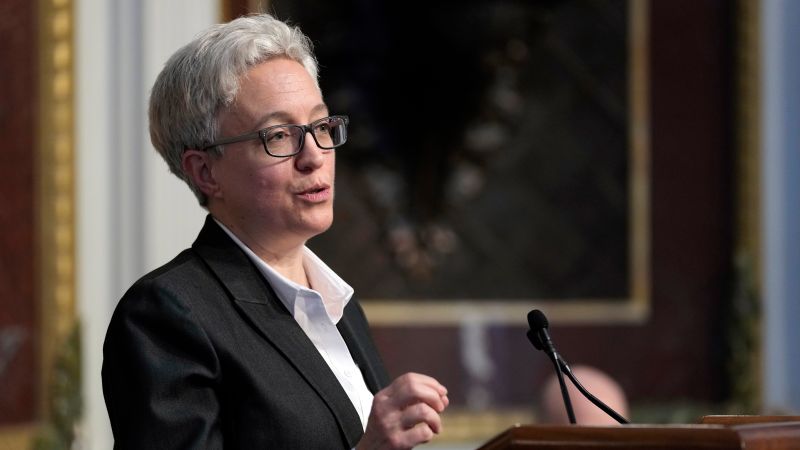Oregon Governor Tina Kotek signed legislation re-criminalizing the possession of certain drugs, reversing the 2020 voter ballot initiative Measure 110 which decriminalized all drugs in the state. The new law, known as House Bill 4002, allows for offenders to face up to six months in jail or choose to undergo drug treatment instead of criminal penalties, with the law taking effect on September 1. The legislation received bipartisan support and aims to prevent jail time for defendants through pre-arrest deflection, conditional discharge, and formal probation options.
Governor Kotek emphasized the focus on alternatives to incarceration for individuals possessing small amounts of a controlled substance as a strategy to reduce the collateral consequences of justice system involvement and mitigate racial and ethnic disparities that may result from the new legislation. The state government aims to address the opioid crisis, with Kotek declaring a fentanyl state of emergency in downtown Portland earlier in the year. The rise in fentanyl-related deaths has been a major concern, leading to a push for unprecedented collaboration and resources to combat the drug crisis.
The opioid deaths in Oregon have tripled between 2019 and 2022, with many attributed to the increase in fentanyl usage. The decision to re-criminalize the possession of certain drugs comes after the state had previously moved to decriminalize various hard drugs, including fentanyl, heroin, cocaine, and methamphetamine, with the passing of Measure 110 in 2020. The measure, which went into effect in February 2021, aimed to treat drug possession as a public health issue rather than a criminal one.
The legislation passed by the state legislature received overwhelming support from both parties and offers multiple pathways for individuals to avoid incarceration for drug possession offenses. Governor Kotek highlighted the importance of providing alternatives to jail time for offenders and emphasized the potential role of law enforcement in promoting options beyond incarceration. The new law is seen as a response to the challenges presented by the fentanyl crisis and aims to address the rise in drug-related deaths in the state.
In response to the increasing rates of opioid-related deaths and the challenges posed by the use of fentanyl, Governor Kotek and local officials have pledged to work together to develop a comprehensive plan of action. The state of emergency declared in downtown Portland underscores the severity of the situation and the need for coordinated efforts to address the drug crisis. The focus on collaboration and resource allocation reflects a proactive approach to tackling the opioid epidemic and protecting the well-being of Oregon residents.
The passage of House Bill 4002 marks a significant shift in the state’s approach to drug possession offenses, with a renewed emphasis on enforcement and treatment options for individuals caught with controlled substances. The legislation seeks to balance the need for accountability with a focus on addressing the underlying issues that contribute to substance abuse and addiction. By reinstating penalties for drug possession while also offering alternatives to incarceration, Oregon aims to strike a balance between addressing public safety concerns and promoting rehabilitation for those struggling with addiction.


